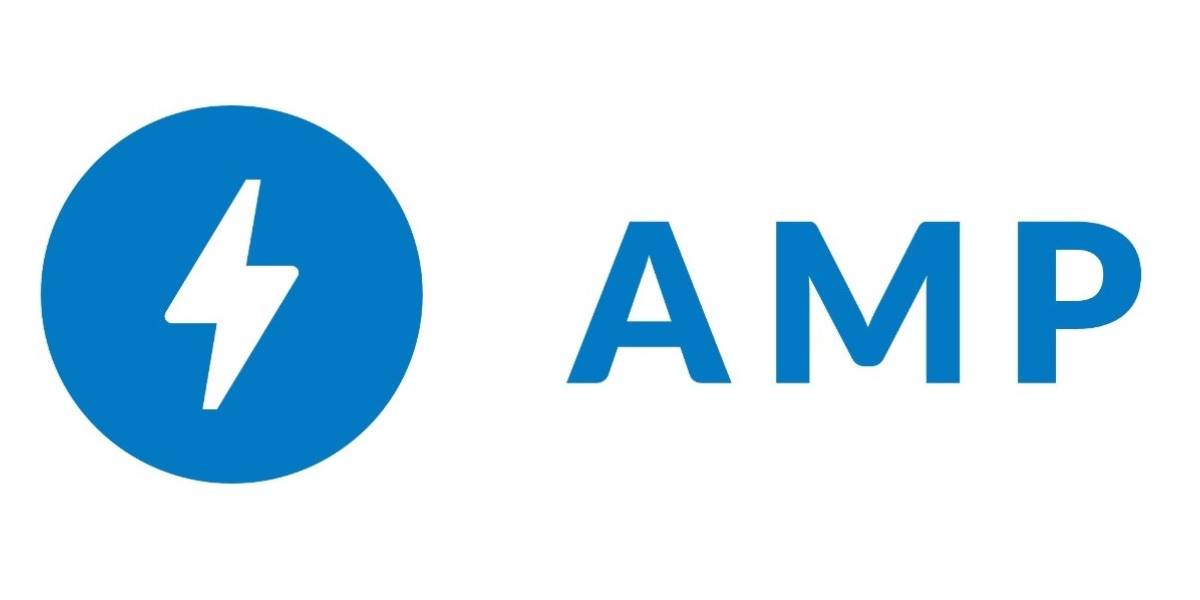
Do you know what AMP (Accelerated Mobile Pages) is? The format with which Google intended to optimize web pages for mobile. And in fact, it has been that way for several years . Until now! Everything indicates that Google will get rid of this format in a short time. Why?
AMP was designed to meet a need of the moment, visits to web portals through mobile phones were becoming more common (nowadays they are the majority) and many web portals were not optimized for these devices. A serious problem, since most users lose interest if a page takes a long time to load. And when we say a lot we mean more than 3 seconds.
Up to this point AMP sounds like a very convenient solution, if you want more users to stay on your page an essential requirement is that everything loads fast . The problem is how restrictive this format is and that Google made it mandatory so that a web portal could be taken into account in its news selection.
AMP: Google’s Trojan Horse

Sometimes it’s not what you do but how you do it and that’s the answer in this case. Google wanted to impose the AMP language as a standard in the design of web pages , taking advantage of the scope of its search engine to force digital media to use this format if they wanted to be relevant in search results.
Being already a very questionable practice, AMP restrictions are added to this problem. The interesting thing is that these limitations not only affect the design of the pages but also the placement of the ads , making it impossible for digital media to monetize and personalize the pages at their convenience.
You are probably thinking that Google has used the AMP language as a coercion tool for all these years and you are not the only one. In fact, since 2020 Google has been facing a legal lawsuit where AMP has been in the eye of the hurricane. For that reason, last year Google began removing the symbol that identified pages that use AMP and now lists pages based on page load speed, regardless of whether they use AMP or not.
Digital media prepare to jump ship
Now that Google has relaxed the requirements with the AMP format, several digital media are encouraging themselves to leave this technology behind . To be more precise, US companies like Vox, Complex Networks and BDG, to name a few, are thinking about leaving this Google service.
Perhaps this was the last nail in the coffin, leaving AMP pages and all that this implies in the past. The most ironic thing about this news is that over the years the ability of AMP to accelerate the loading speed of web pages has been questioned. However, it must be recognized that at the time it was of great help . But that time is about to end and we can only wait to see what is new to come.
